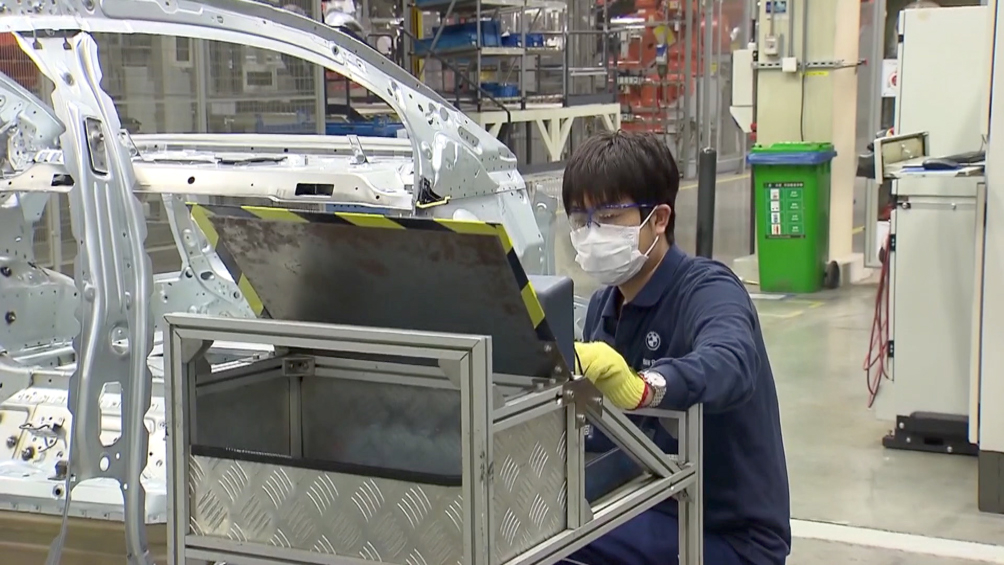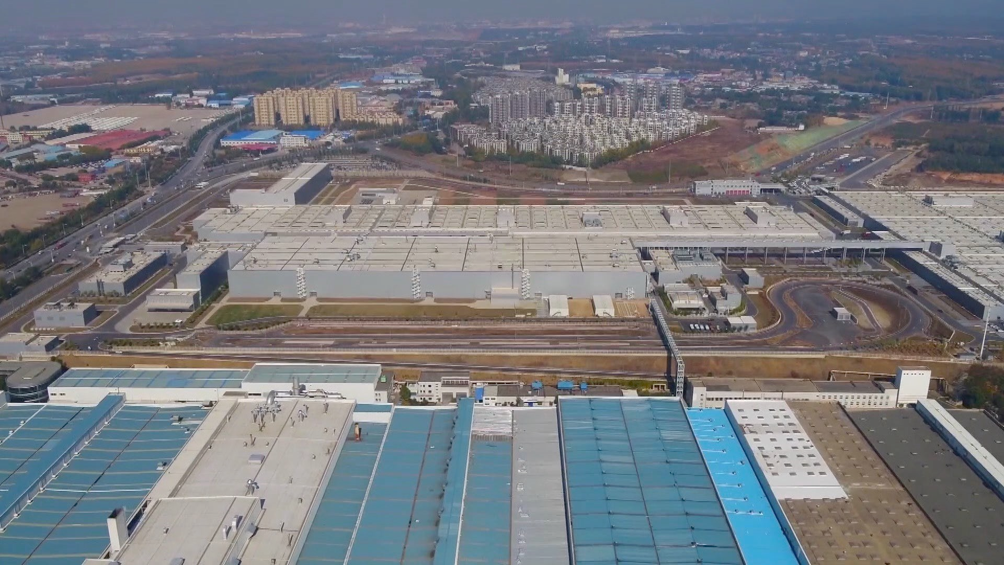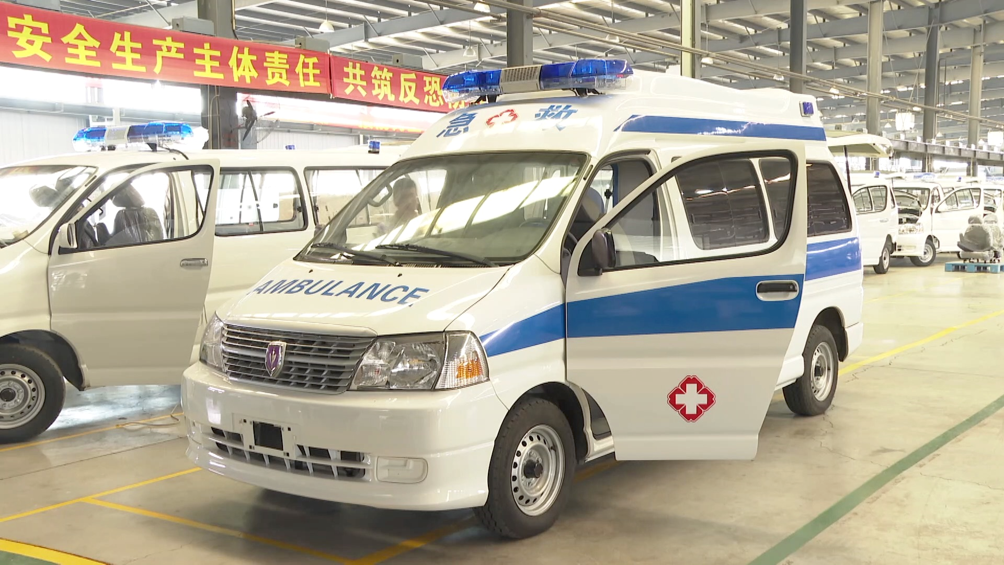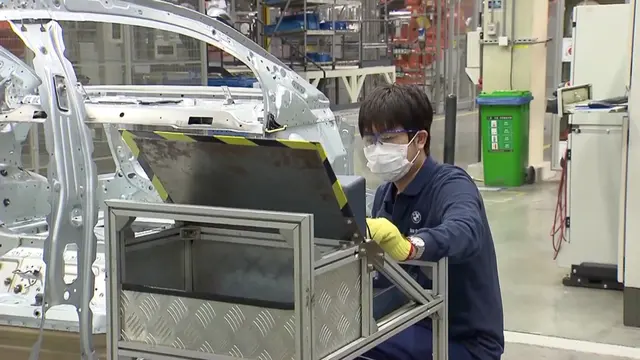Nearly 20,000 employees of the BMW Brilliance factories in the northeastern Chinese city of Shenyang returned to work on Monday. And the joint venture says it will fully resume normal production capacity in the near future. Add to that, some new policies may help defray losses felt by companies like theirs.
Shenyang has the BMW group's largest overseas production base. When the epidemic broke out, their factory upgrading project of over nine billion yuan (1.2 billion U.S. dollars) investment was about to start construction. The company could face huge economic losses if approval of the project was delayed due to the outbreak.
03:12

Usually an enterprise gets the land before the approval procedures start, which takes about 50 days, according to Li Gang, the director of Shenyang Dadong district. But given the situation, relevant parties started working on them before the applicants submitted all the required materials, and reviewed the project plan through video conference.
"We proposed to provide its information to relevant enterprises and government departments so that they can jointly carry out examination and approval to ensure that 15 government documents including construction permits are delivered to the company on the day of the land acquisition," said Li.
Eventually, it took only one day to complete all the approval procedures. Wilhelm Konnerth, the Dadong plant upgrade project leader, said the project will not be delayed due to the outbreak. "At this special moment, we managed to get the approval certificates we needed on schedule, which was not easy," he added.

BMW Brilliance's Dadong plant in Shenyang. /CGTN
Apart from that, BMW Brilliance's Shenyang factory has faced a series of challenges to guarantee a smooth manufacturing resumption, including inadequate protective materials and logistical difficulties. Local government continues to tackle these issues by providing over 120,000 masks and other protective gear. They've also set up a 24-hour hotline to efficiently deal with financial support, tax payments and labor employment needs of other such companies.
CEO of BMW brilliance, Dr. Johann Wieland, wrote a letter to expresses thanks to the Shenyang municipal government. He believed that the company can respond quickly to changes in the market and will develop plans based on the actual situation to minimize the impact of the outbreaks on production, which thanks to their flexible production system and the support from government at all levels. And the CEO was confident to successfully complete the annual production, sales targets and construction of major projects.
In total, 39,400 million-yuan projects in Shenyang are estimated to resume in the first quarter— almost as many as the same period last year. For these projects, Deputy Director of Shenyang Development and Reform Commission Wang Zhenyu, said they will first make resumption plans, then make a list of problems, and finally work out detailed solutions.
"So far, we have found 110 problems in 101 projects, and are closely following those unsolved issues," the director said.

The auto company is rushing to produce negative pressure ambulances for the fight against epidemic. /CGTN
Financial discounts, re-lending funds and government guarantees on corporate lending have also taken effect to meet the urgent capital needs of key epidemic prevention firms, small and micro enterprises, and farmers' ventures that are greatly affected by the epidemic.
Zhou Xuejun, vice president ofAgricultural Bank of China's branch in Liaoning province, said the business process which used to take at least a month was shortened to about a week, thanks to cooperation among provincial and municipal branches. Besides, they have granted a total of 240 million yuan credits to seven anti-epidemic enterprises since the Spring Festival holiday. Recently, over 25 million have been used.
"It only took four days to investigate, evaluate and approve the loan for Renault-Brilliance, which produces negative pressure ambulances for epidemic prevention," Zhou added.
Data suggests that it could still take a while for businesses to completely get back to normal, as containment of the virus remains a top priority, especially in heavily-stricken areas. But China's central government has clearly prohibited local authorities from restricting enterprises from resuming production. Instead, it will introduce more policies which will help improve public services, fill the supplies and capital gaps and restore industrial chains.
 简体中文
简体中文





